
The End of FOMO: How Token Metrics Alerts Revolutionizes Crypto Trading
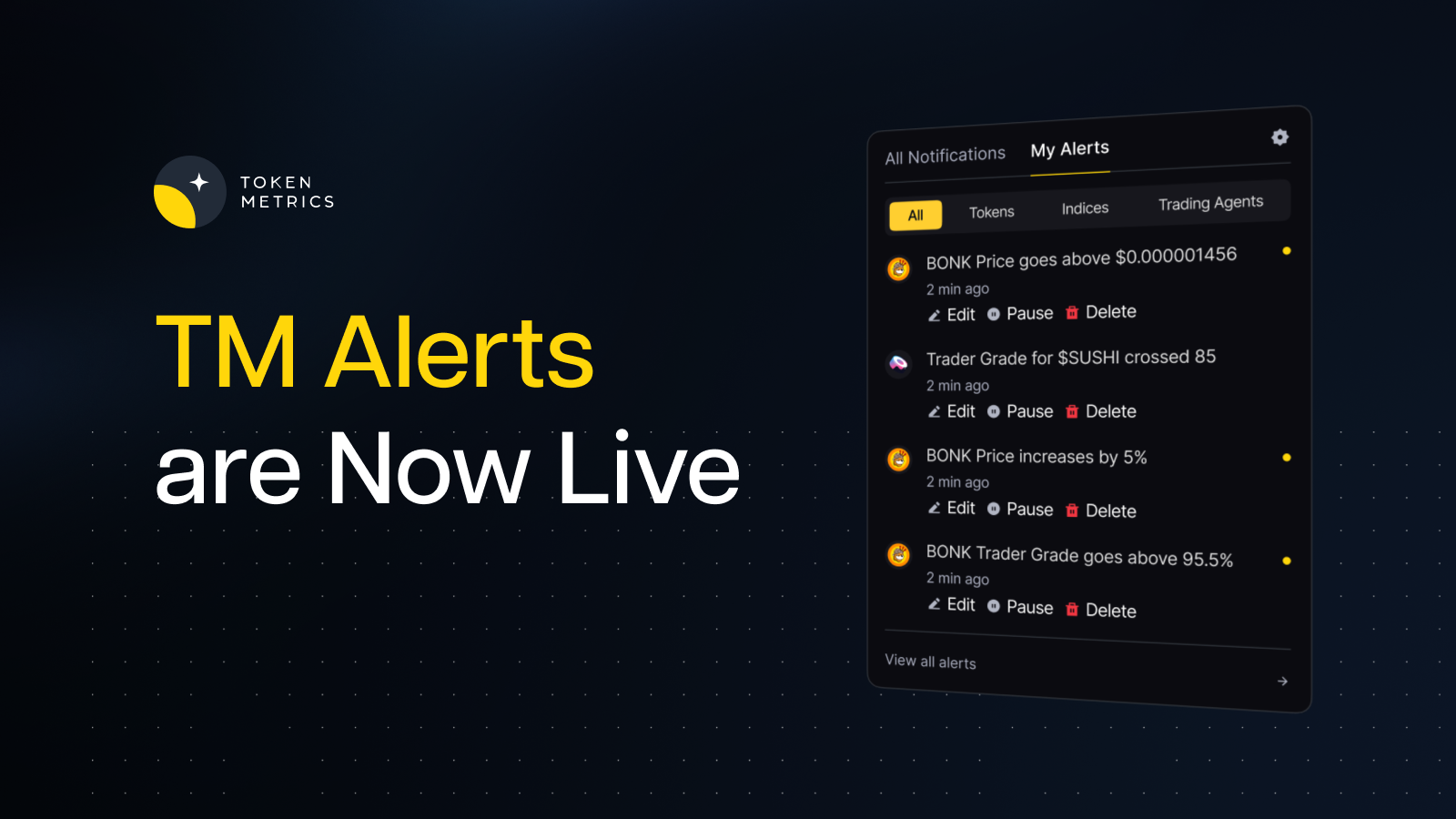
The cryptocurrency market operates on a simple, unforgiving principle: timing is everything. While traditional markets sleep, crypto never does. A single tweet, a regulatory announcement, or an AI signal flip can trigger massive price movements within minutes. For most traders, this creates an impossible dilemma – how do you capture every opportunity without becoming a prisoner to your screen?
Today, we're solving that problem forever.
The Alert Revolution is Here
Token Metrics Alerts represents the culmination of years of development and trader feedback. We've built the most sophisticated crypto alert system ever created, designed specifically for the unique challenges of cryptocurrency trading. This isn't just another notification tool – it's your personal market intelligence system.
The core philosophy behind Token Metrics Alerts is simple: empower traders with precise, actionable information delivered exactly when and how they need it. No more, no less.
AI-Powered Market Intelligence
At the heart of our alert system lies advanced artificial intelligence that continuously analyzes market conditions, price patterns, and trading signals across thousands of cryptocurrencies. When our AI algorithms detect a significant shift – whether bullish or bearish – you're notified instantly.
This AI-driven approach transforms how you interact with market data. Instead of interpreting charts and signals manually, you receive clear, actionable alerts based on sophisticated analysis that would take hours to perform yourself. The AI doesn't sleep, doesn't get emotional, and doesn't miss patterns that human eyes might overlook.
Our AI monitoring includes sentiment analysis, technical pattern recognition, volume analysis, and correlation tracking across multiple timeframes. When these systems converge on a significant signal, that's when you get alerted. It's like having a team of expert analysts working around the clock, exclusively for you.
Precision Customization for Every Trading Style
Token Metrics Alerts recognizes that no two traders are identical. Day traders need different information than long-term holders. Swing traders have different requirements than scalpers. That's why we've built unprecedented customization into every aspect of the alert system.
You can set price movement alerts for any percentage change, whether you want to know about 5% moves or 50% pumps. Custom triggers allow you to monitor specific price levels, support and resistance breaks, or volume spikes. The system adapts to your trading strategy, not the other way around.
Multi-Channel Delivery That Actually Works
The best alert in the world is useless if you don't receive it. Token Metrics Alerts delivers notifications through five distinct channels, each optimized for different scenarios and preferences.
Email alerts provide detailed information perfect for analysis and record-keeping. Telegram integration offers lightning-fast mobile notifications that cut through the noise of other apps. Slack integration brings trading alerts directly into your workspace, maintaining focus during trading sessions. Discord connectivity allows seamless integration with trading communities and group strategies.
This multi-channel approach means you can configure different types of alerts for different delivery methods. Perhaps you want AI signal changes sent via Telegram for immediate action, while price level alerts go to email for later analysis. The system accommodates any configuration that suits your workflow.
The Psychology of Successful Trading
Successful trading isn't just about having good information – it's about having the right information at the right time without the psychological burden of constant monitoring. Token Metrics Alerts addresses the mental and emotional aspects of trading that often determine success or failure.
By removing the need for constant chart watching, alerts eliminate the anxiety and decision fatigue that plague many traders. You can set your parameters, trust the system, and focus on analysis and execution rather than monitoring. This psychological shift often leads to better decision-making and reduced emotional trading.
The fear of missing out (FOMO) drives many poor trading decisions. When you know your alert system is monitoring everything important, FOMO naturally diminishes. You can wait for your signals with confidence, knowing that when something significant happens, you'll be among the first to know.
Real-World Applications and Success Stories
The practical applications of Token Metrics Alerts extend across every trading style and market condition. Day traders use the system to catch intraday breakouts and momentum shifts without staring at screens all day. Swing traders monitor key levels and trend changes while maintaining their regular schedules. Long-term investors track major developments in their holdings without daily price obsession.
During volatile market periods, the alert system becomes even more valuable. Flash crashes, sudden pumps, and rapid reversals are captured and communicated instantly. This real-time intelligence often means the difference between capitalizing on volatility and becoming its victim.
Professional traders and fund managers have integrated Token Metrics Alerts into their systematic approaches, using the consistent signal delivery to maintain discipline and reduce emotional decision-making. The system's reliability has become a cornerstone of many successful trading operations.
The Future of Informed Trading
Token Metrics Alerts represents more than just a new product – it embodies a fundamental shift toward intelligent, automated market monitoring. As cryptocurrency markets mature and become more complex, the tools we use to navigate them must evolve accordingly.
The launch of Token Metrics Alerts marks the beginning of a new era where traders can maintain comprehensive market awareness without sacrificing their time, sleep, or sanity. It's technology serving the trader, not the other way around.
The question isn't whether you can afford to use Token Metrics Alerts – it's whether you can afford not to. In a market where information and timing determine success, having a sophisticated alert system isn't a luxury; it's a necessity.
Your trading edge awaits. The market never stops moving, but now, neither do your opportunities to capture its movements.

.svg)

Create Your Free Token Metrics Account

.png)




%201.svg)
%201.svg)


%201.svg)





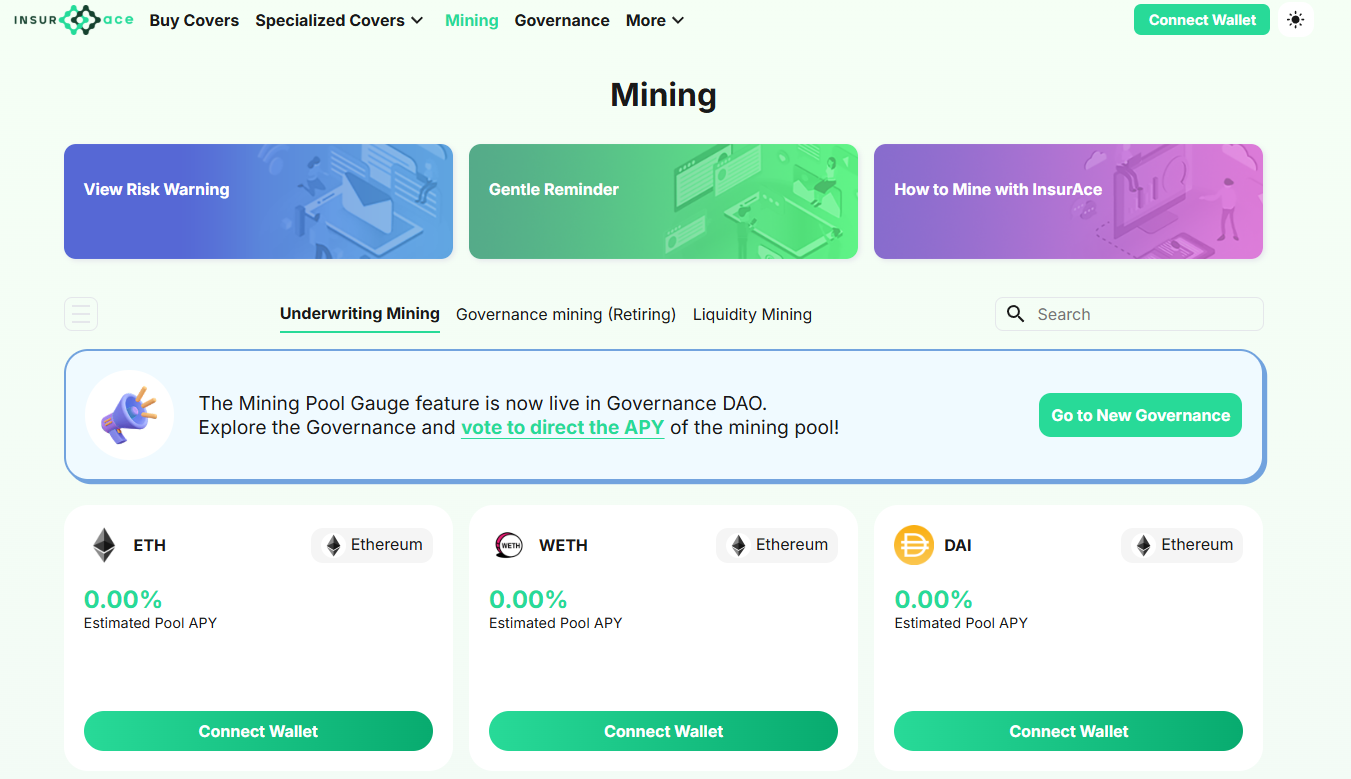

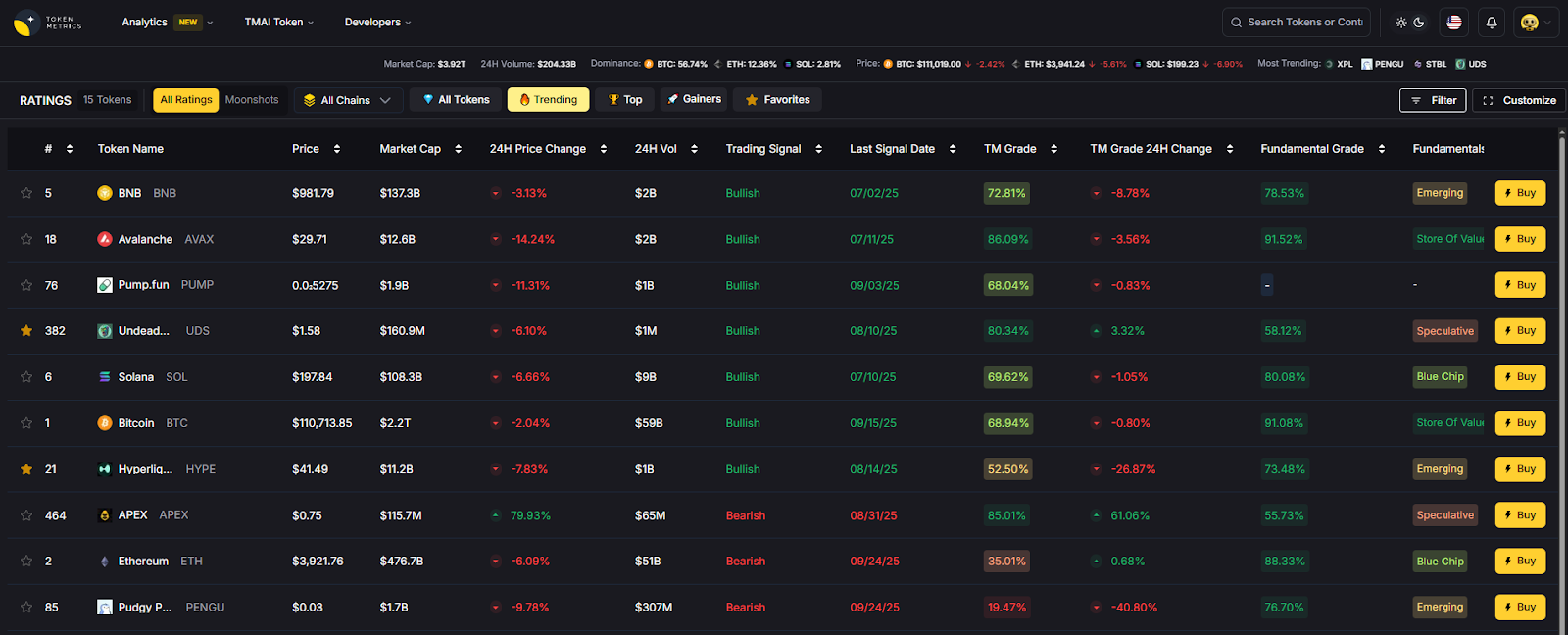
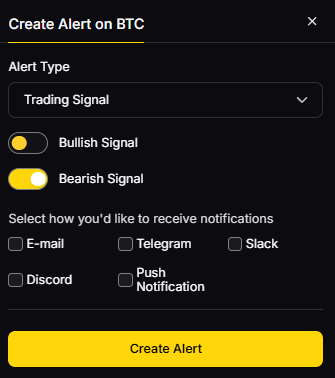


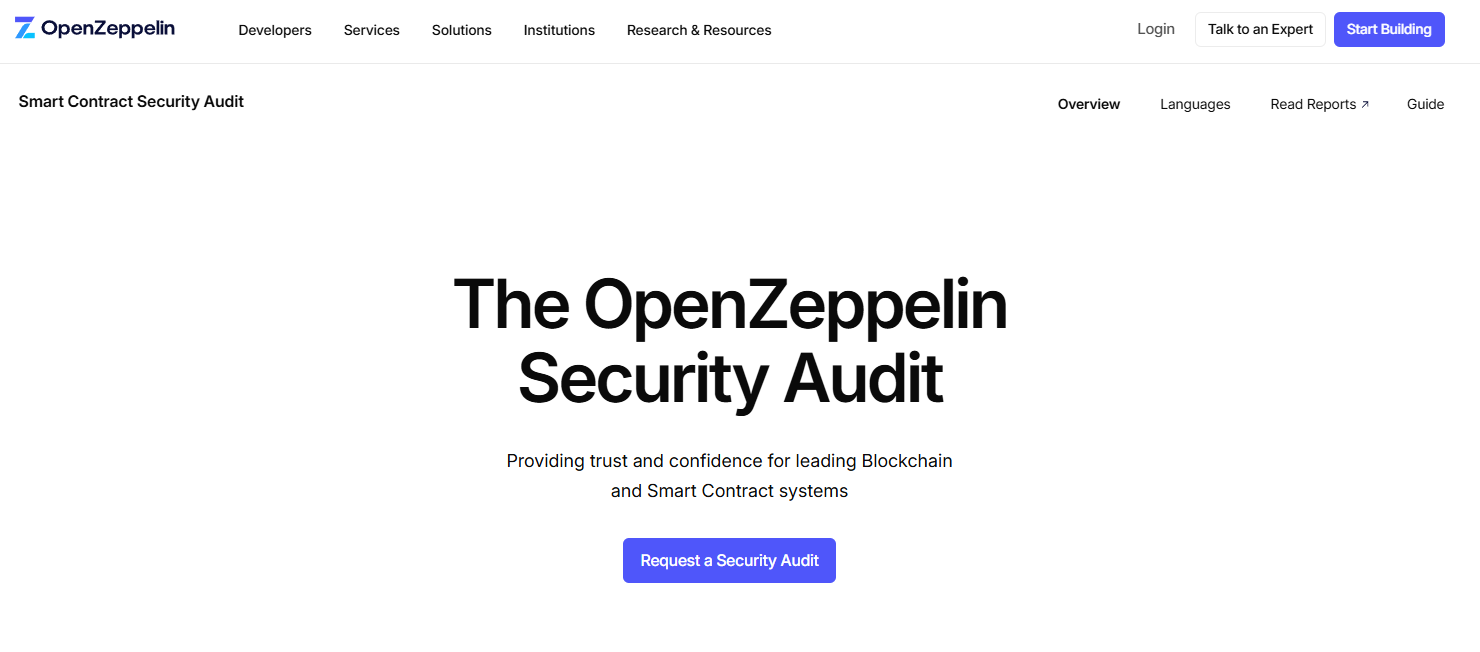
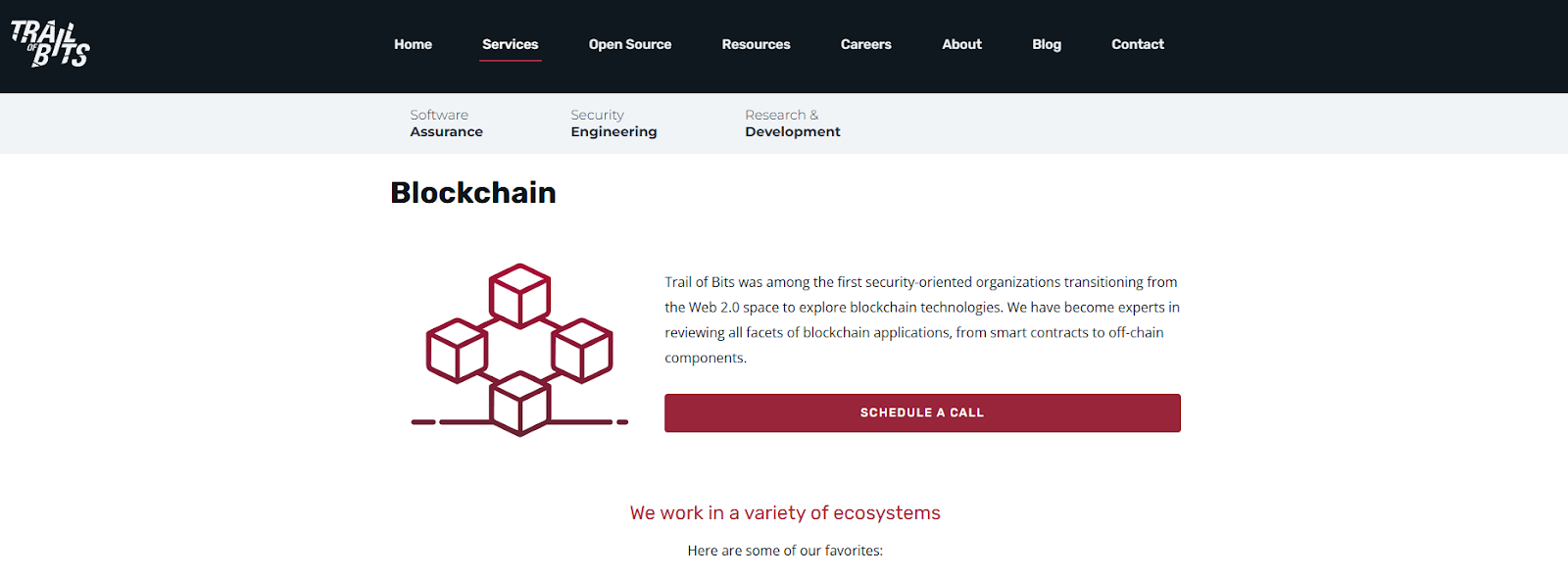

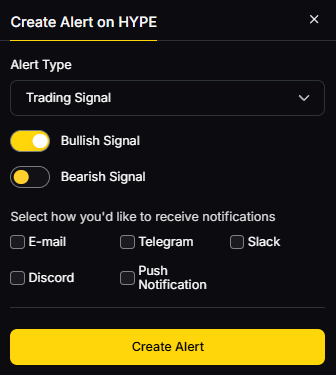

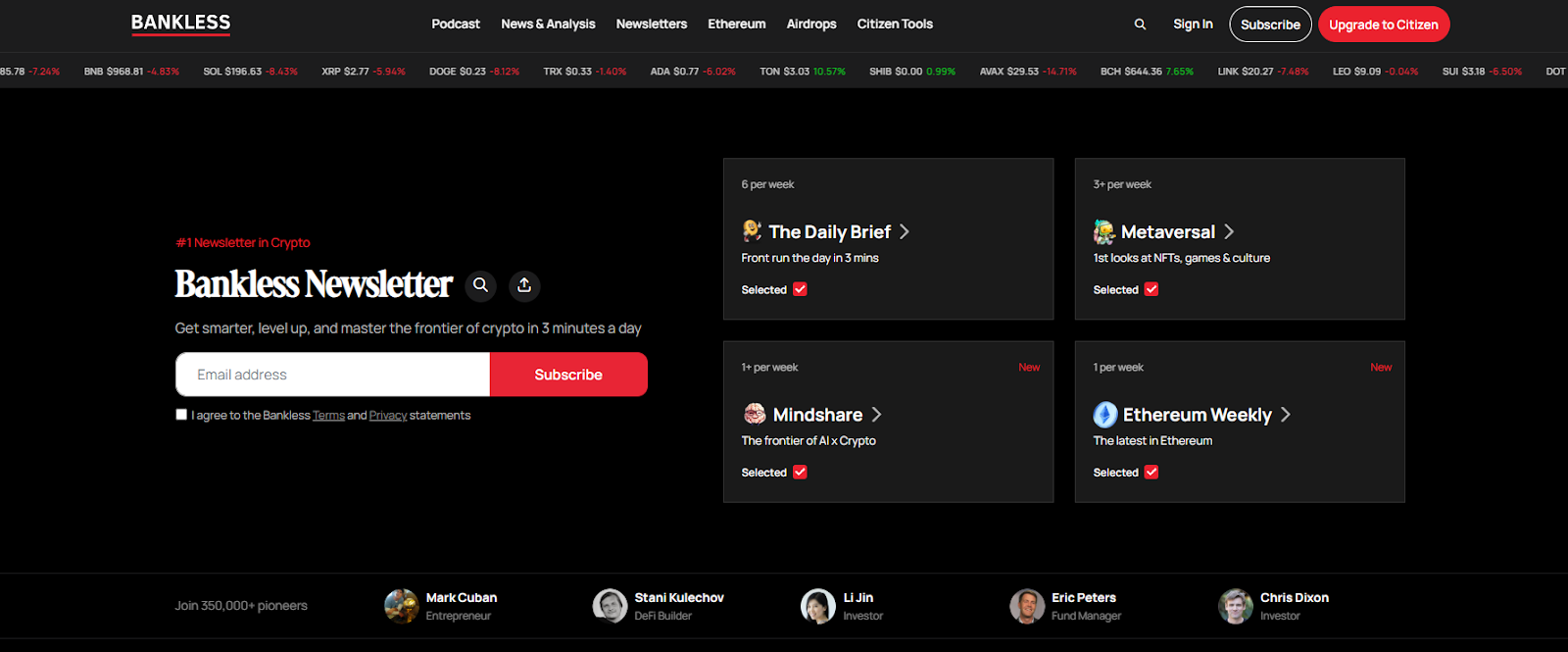
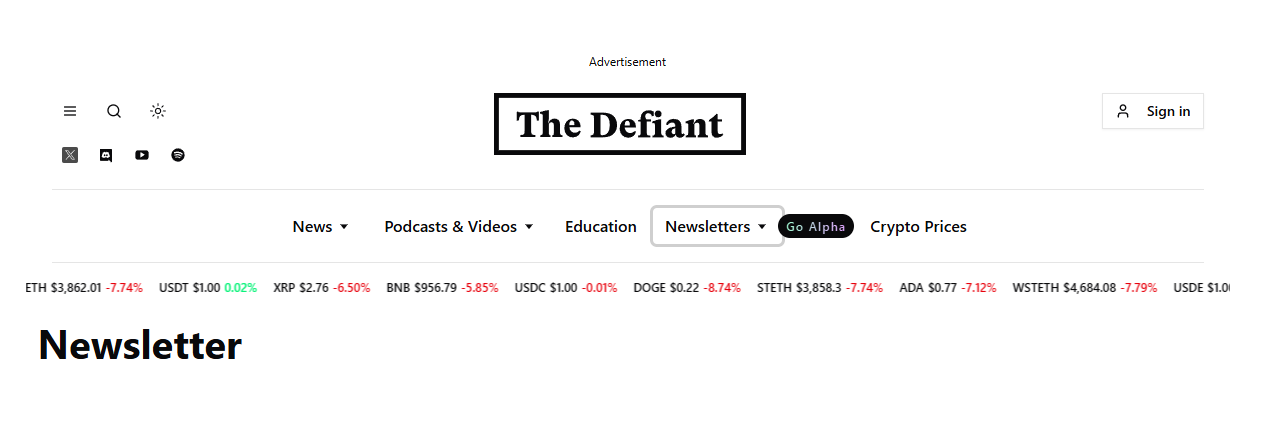
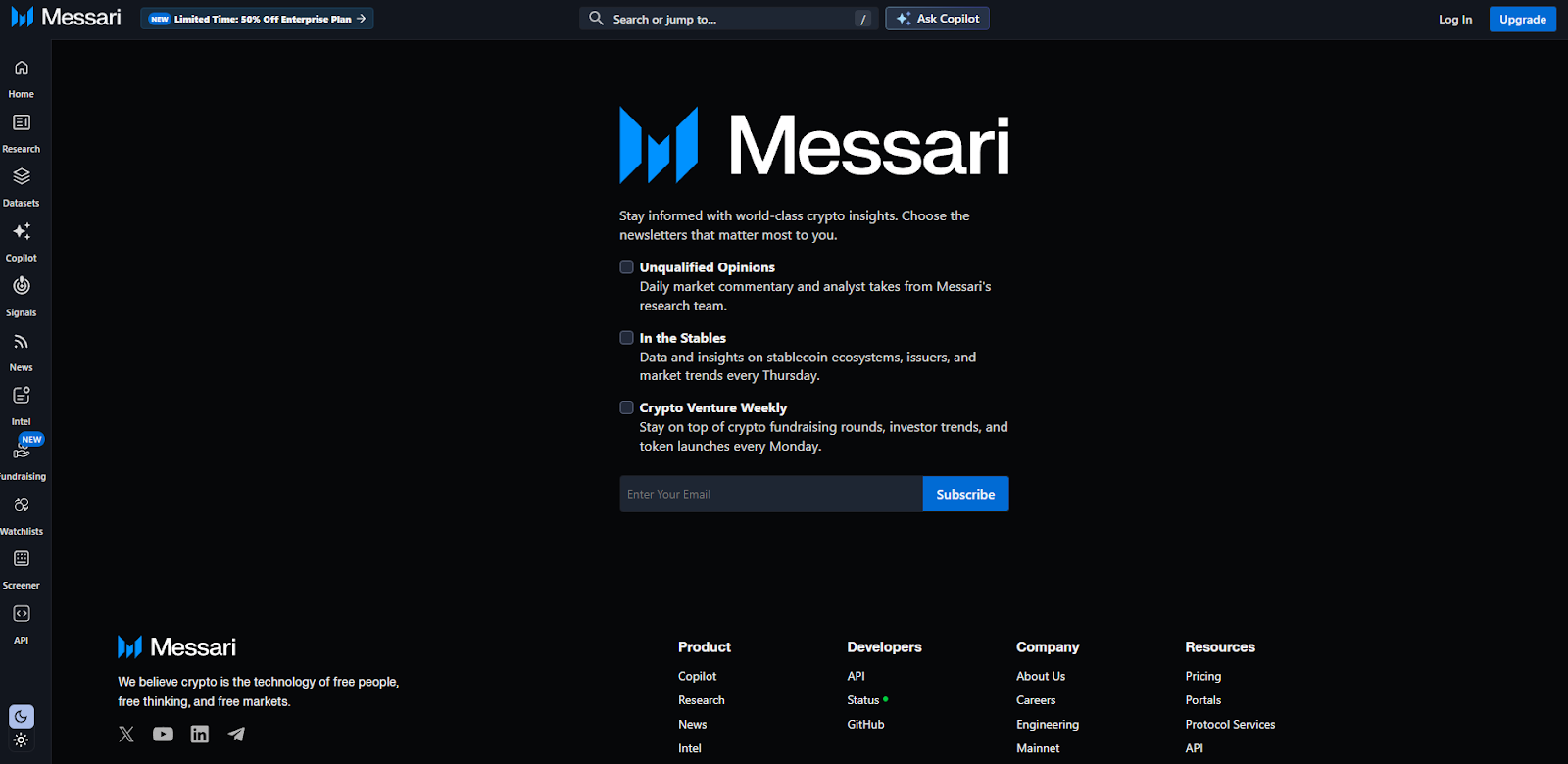
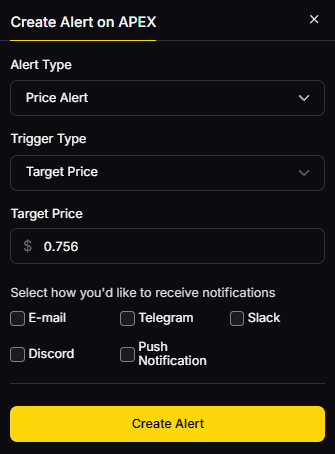



.svg)




.png)